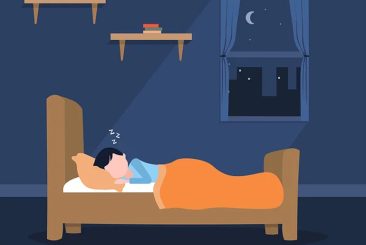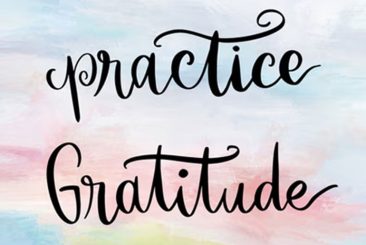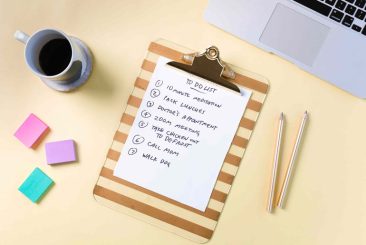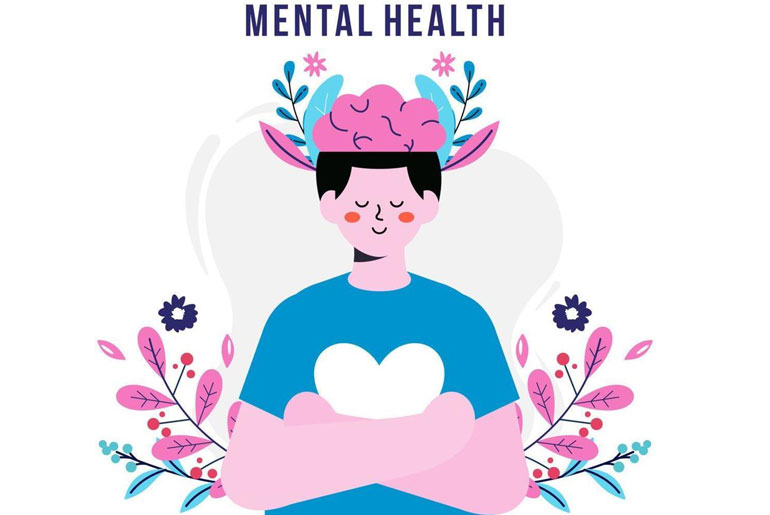Unlike physical health issues, the signs of mental health problems are often not immediately visible, making it essential to prioritize and maintain sound mental well-being. Mental health is a vital component of overall well-being, contributing significantly to a happy, stress-free, and disease-free life. While some mental health disorders may have genetic factors, many are influenced by lifestyle choices, including stress management, adequate sleep, regular exercise, exposure to sunlight, and self-care practices. Unfortunately, people often prioritize physical health issues like fever or headaches over mental health concerns. It’s crucial to recognize that, just like daily routines such as brushing teeth, taking a bath, or having a meal, there are daily practices and habits that individuals should cultivate to support and maintain good health.
TIPS TO BOOST MENTAL HEALTH
Prioritizing mental health is paramount for overall well-being, akin to the importance placed on physical fitness. Incorporating daily practices to nurture mental health is essential. Ten simple yet effective strategies can be integrated into one’s routine to foster emotional resilience and mental wellness. These include mindfulness exercises, regular physical activity, adequate sleep, a balanced diet, maintaining social connections, setting achievable goals, stress management, engaging in hobbies, practicing gratitude, and seeking professional support when needed.
By following these practices, individuals can proactively boost their mental health, enhancing their overall quality of life and emotional well-being.
1. Mindfulness Meditation:

Mindfulness meditation involves paying attention to the present moment without judgment. It can reduce stress and improve overall well-being by helping you become more aware of your thoughts and feelings.
2. Regular Exercise:

Exercise is not only good for your physical health but also your mental health. It releases endorphins, which are natural mood lifters. Find a physical activity that you enjoy to make it a sustainable habit.
3. Prioritize Sleep:

Sleep is crucial for mental and physical health. It’s during sleep that your brain processes emotions and consolidates memories. Prioritizing sleep can enhance your ability to cope with stress.
4. Connect with Loved Ones:

Human connection is essential for cognitive health. Spending time with friends and family can provide emotional support and reduce feelings of isolation.
5. Control Screen Time:

Limiting exposure to negative information on screens can help reduce anxiety and stress. Consider setting specific times for checking news and social media to avoid constant exposure to distressing content.
6. Practice Gratitude:

Keeping a gratitude journal can shift your focus toward positive aspects of life. Regularly acknowledging things you’re thankful for can improve your overall outlook.
7. Learn Something New:

Lifelong learning keeps your mind engaged and can boost self-esteem. Whether it’s a new hobby or skill, the process of learning can be fulfilling.
8. Establish a Routine:

Routines can provide a sense of stability and predictability, which can reduce anxiety. However, it’s also important to include time for relaxation and self-care within your routine.
9. Express Yourself:

Creative outlets can be therapeutic. They provide a way to process emotions and express yourself in a safe and healthy manner.
10. Seek Professional Help:

If you’re struggling with your mental health and find it difficult to cope, don’t hesitate to seek help from a cognitive health professional. They can provide guidance, support, and evidence-based strategies to manage your mental health effectively.
Remember that mental health is a journey, and it’s okay to seek help when needed. These strategies, when practiced consistently, can contribute to improved mental well-being and resilience in the face of life’s challenges.
Disclaimer:
The information contained in this article is for educational and informational purposes only and is not intended as a health advice. We would ask you to consult a qualified professional or medical expert to gain additional knowledge before you choose to consume any product or perform any exercise.









